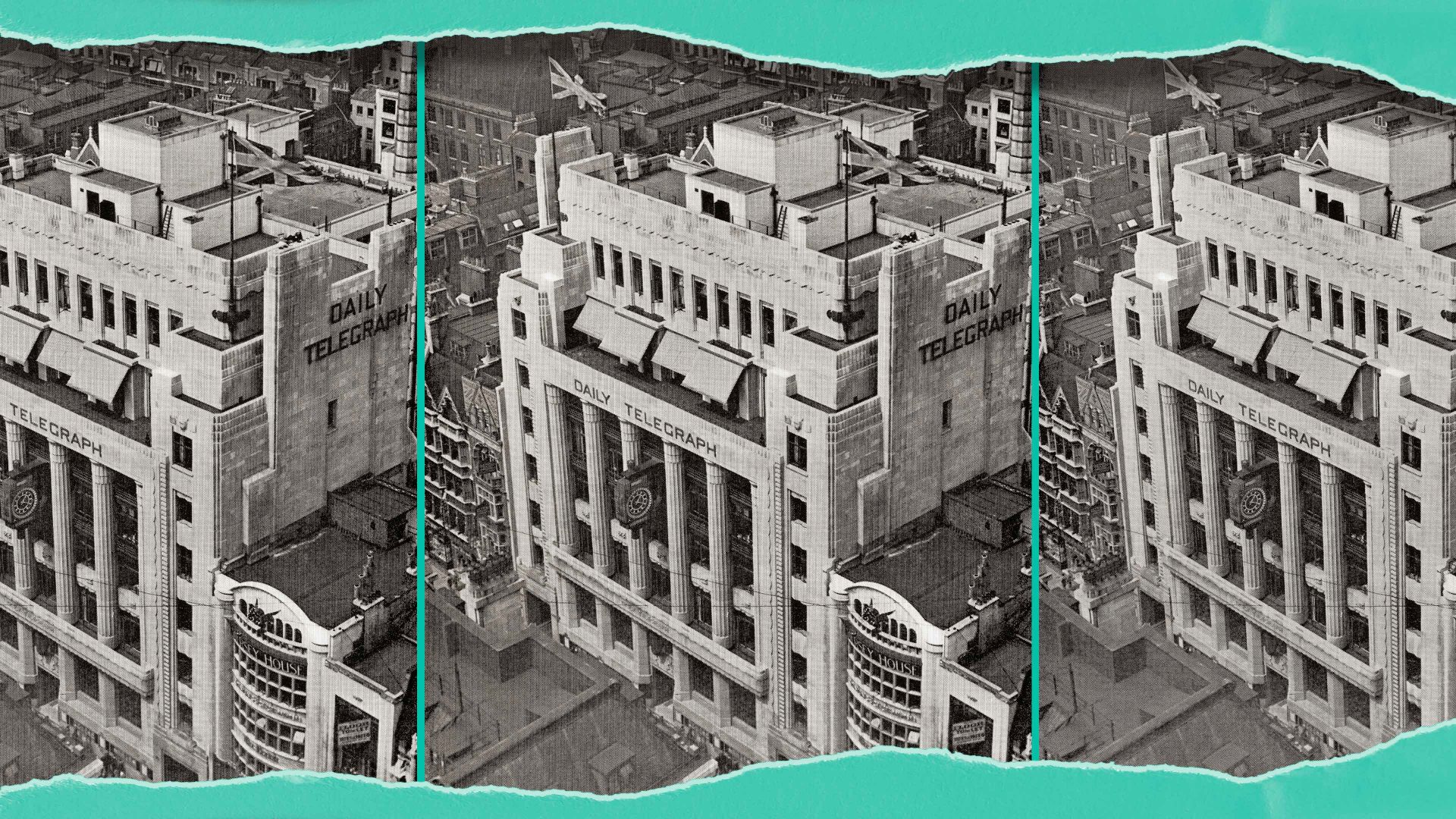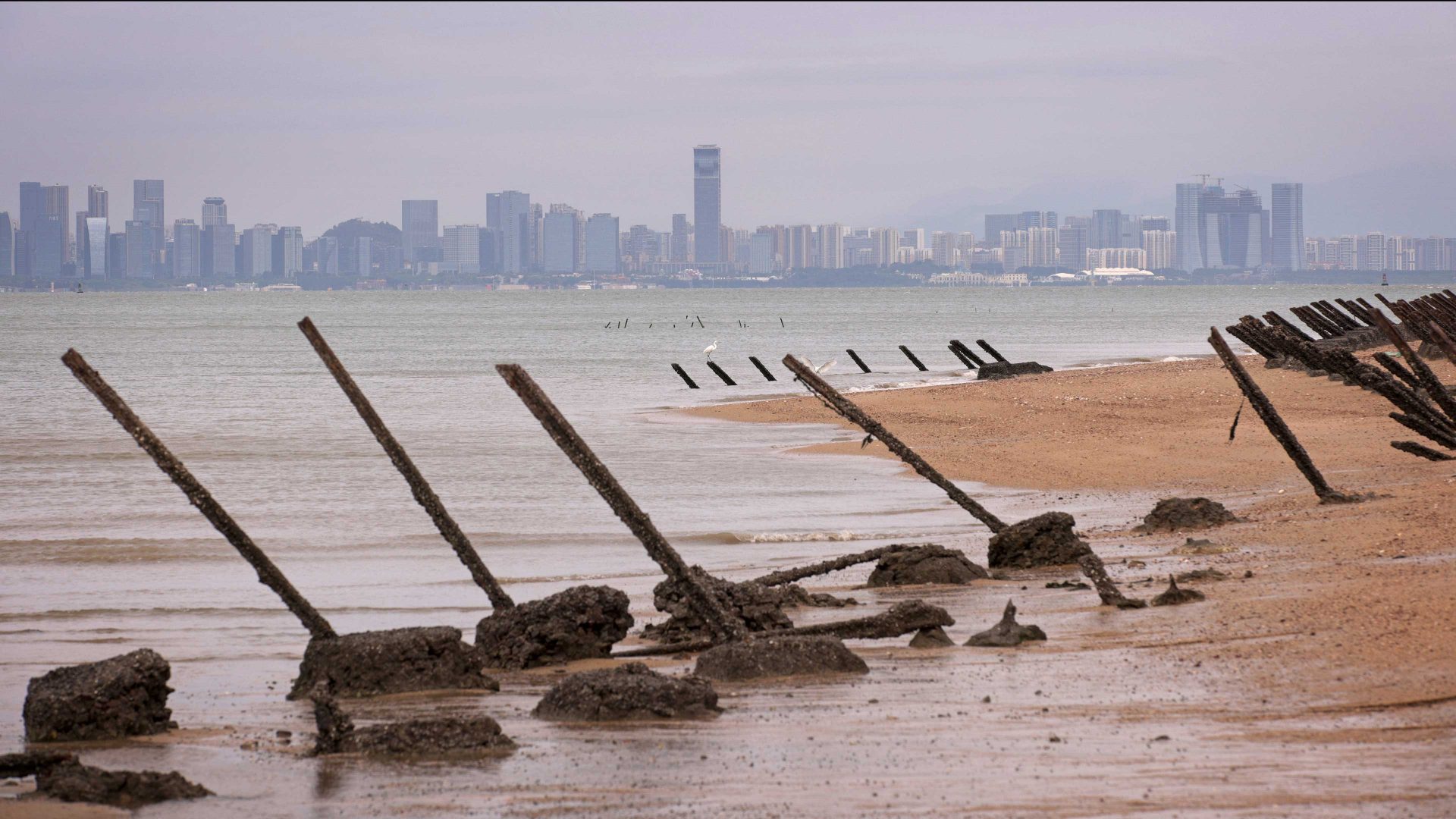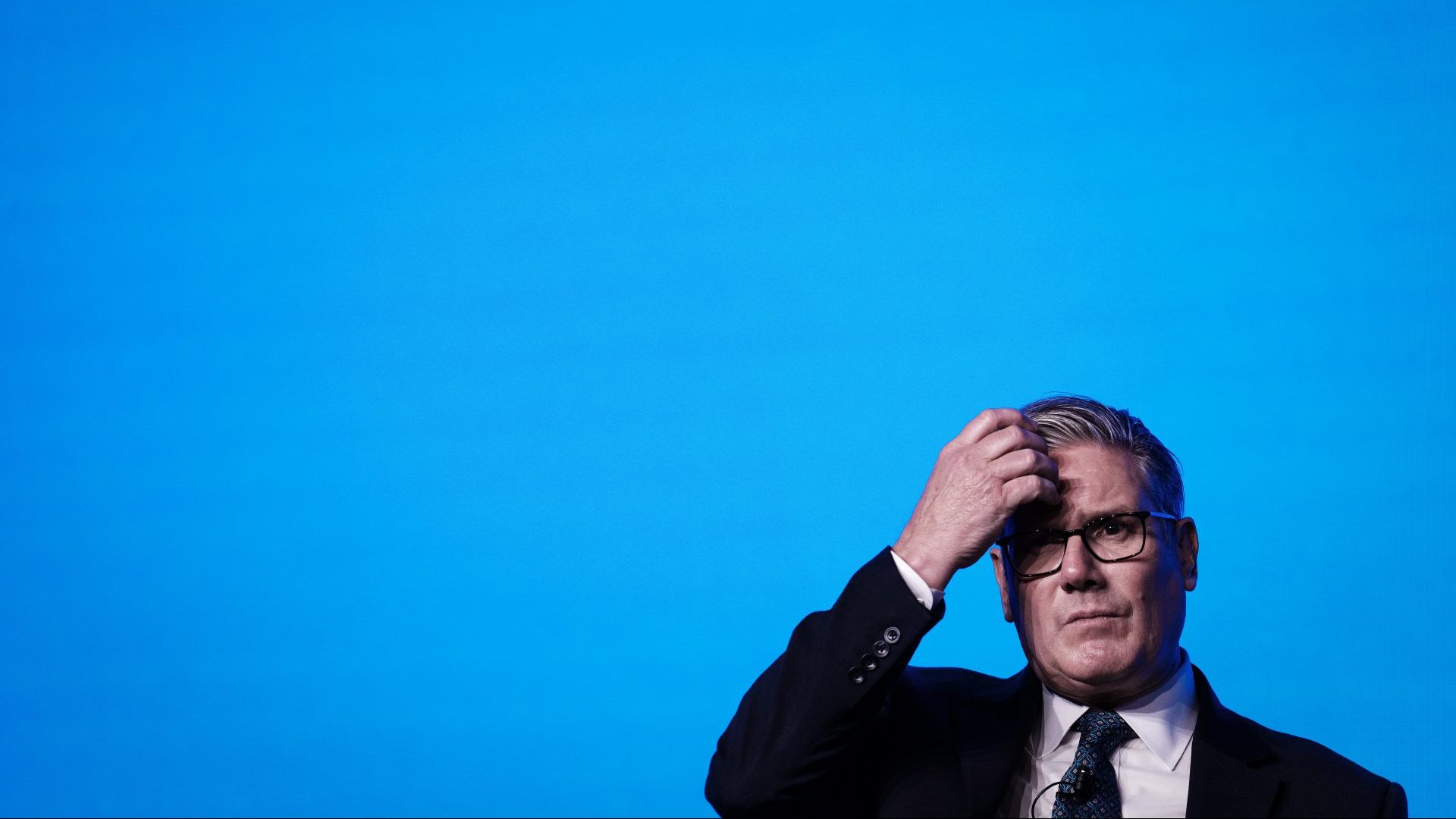When Jeff Bezos first acquired the Washington Post in 2013, he seemed the ideal proprietor, rescuing the paper from a precarious financial position while promising to maintain its editorial independence. He enthusiastically quoted the phrase “Democracy dies in darkness” and it was subsequently adopted as the paper’s slogan.
But Bezos gradually started to impose his views on the Post, most dramatically when he vetoed the editorial board’s decision to endorse Kamala Harris. Then in February this year he decreed that the only views that would be published were those “in defence of two pillars: personal liberties and free markets”. Donald Trump would fully approve, but Bezos’s decisions only accelerated the exit of disheartened journalists.
The issue of media ownership has also reared its head in the UK, particularly when it comes to the Daily Telegraph. The paper’s ownership has been in limbo for nearly two years, after the Barclay family who owned the paper defaulted on a loan of more than £1bn. But it is not the Telegraph’s embrace of Nigel Farage that has caused most upset: it is the fact that an overseas government might be trying to buy it.
Initially, there had been potential buyers for the entire Telegraph group, including the Spectator, but a joint venture between a US venture capital firm, Redbird, and an organisation called International Media Investments, emerged as the winner. Then the protests began because IMI is based in the UAE and owned by Sheikh Mansour bin Zayed Al Nayan, whose country is not known for its embrace of democracy and free speech.
Assurances that IMI would be only a passive investor and the fact that the deal was being led by a former president of CNN had no effect. A chorus of journalists and politicians succeeded in getting the government to delay the sale.
Suggested Reading
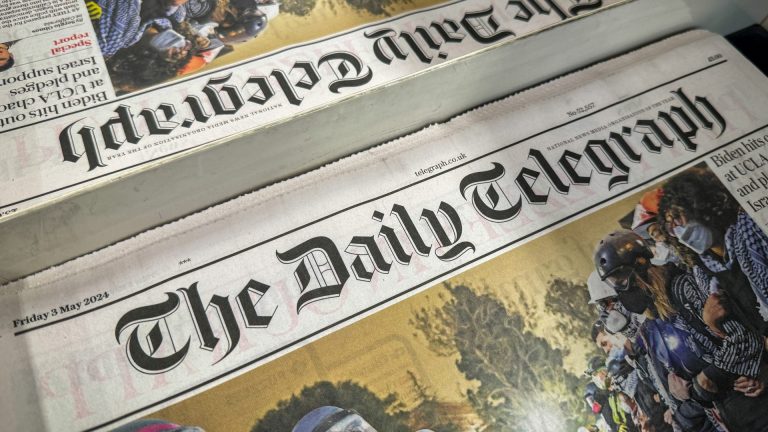

Telegraph finally says sorry for absurd school fee article
If there were any credible argument for looking at media as a national security issue, at least no one tried to make it in the case of The Spectator, which, in the interregnum, was bought for a hefty £100m by Sir Paul Marshall. Marshall is even less inclined towards editorial independence than Bezos, as evidenced by his ownership of GB News.
Marshall, a hedge fund millionaire, has a strange political background which took him from Liberal Democrat to a right-winger committed to Brexit, combining this with evangelical Christian convictions. The Spectator and its long held political convictions, are safe with him.
The Redbird consortium has, meanwhile, reshaped and, with the much reduced IMI involvement, is back to being the only apparent option after other potential bidders evaporated. Yet the hostility remains and, while opponents have succeeded in reducing UAE involvement, they have recently started to suggest that a potentially more malevolent force, in the shape of China, might be financing the deal.
If correct, that is cause for concern. China, like the Russians, wants access to every possible means of infiltrating a country and, while the Telegraph’s printed papers might be limited in effect, entry into its digital network would be useful.
Suggested Reading
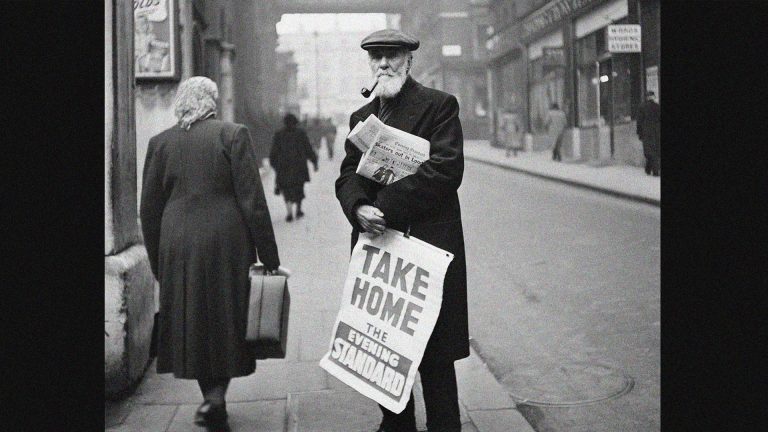

The slow death of local news
The appalled reaction to the UAE having a stake in a publishing group, particularly one which has long catered for a relatively small market of older, right of centre, individuals, does seem somewhat misplaced. The UK’s traditional media has long offered a wide mix of opinions, and public sector broadcasting and the strict rules which rightly govern it ensure that it redresses any tendency among mainstream printed media to lean away from the left. But in the digital age, news consumption has drastically evolved to become, for many people, a rich and varied curation of different media.
We know that “fake news” abounds but so does gently slanted reporting and plenty of more insidious attempts at influencing. To some extent, this always was the case. Outright attempts to incite racial hatred, drum up violence, engender terrorism or the like must clearly be sought out and prosecuted but, beyond that, policing impartiality seems an impossible task.
The Telegraph, meanwhile, continues publishing both in print and on-line, with some of its commentators taking extreme right wing views. The paper endorsed Liz Truss in the leadership contest for the Conservative Party and has not retracted that endorsement, or apologised for it. Allister Heath, currently editor of the group’s Sunday title and a confirmed Trussite, has built a reputation for his unflinching support for the success of Brexit and other equally questionable opinions. The circulation figures for the group are unclear and its profitability hard to discern. Individuals should understand the need to be discerning in their consumption of media and to keep their critical faculties switched on. Ownership is a relatively minor issue by comparison. When old style media dominated, being a newspaper mogul might have brought power and influence. But that status has been usurped by the big tech bros. If Sheikh Mansour ever thought that a stake in the Daily Telegraph would get him to the top table, then he is decades out of date.


